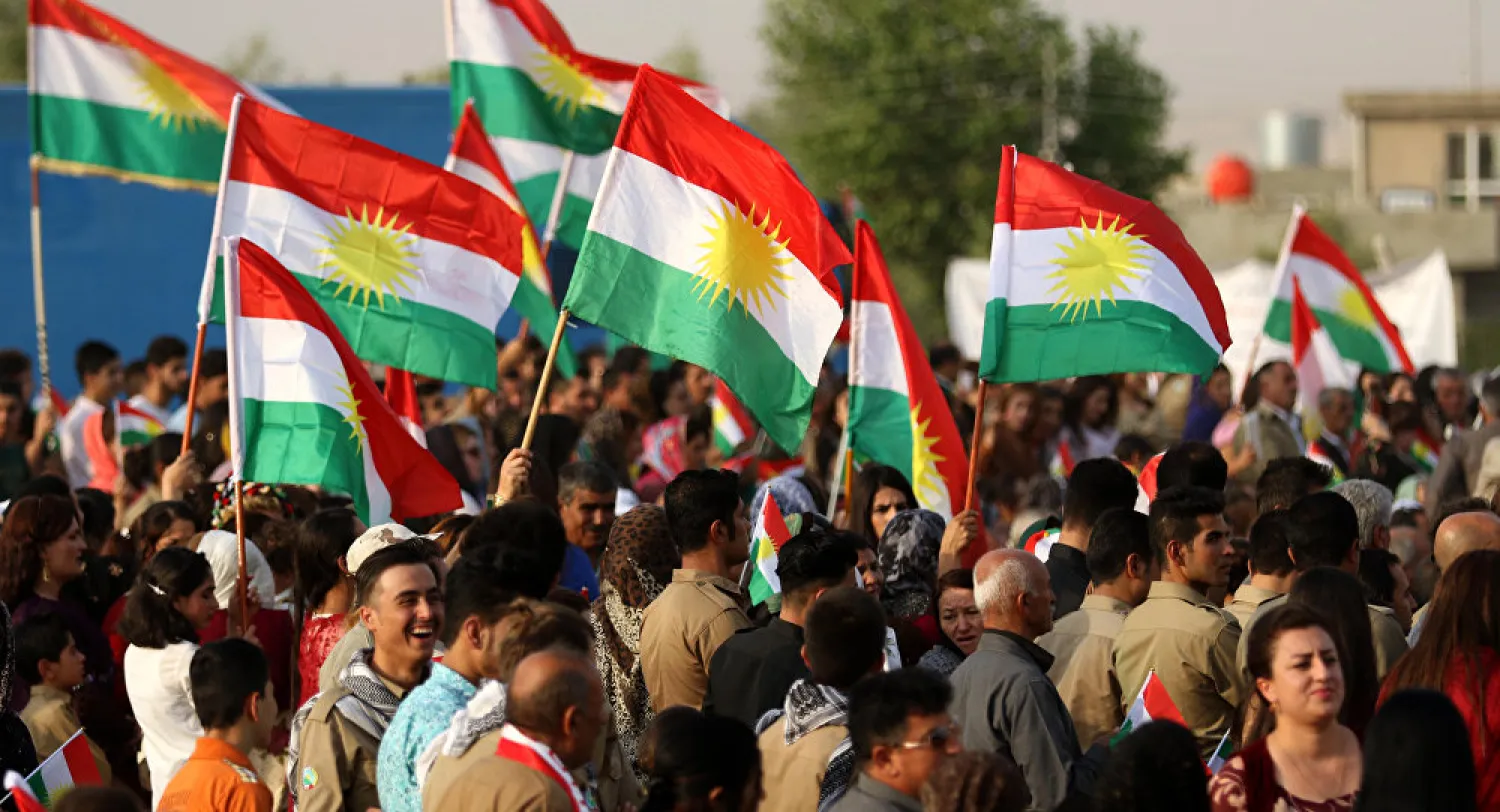When Iranians rose up against the Shah rule 40 years ago many hoped that the revolution would pave the way for fair rule that would provide the oppressed people with freedom, democracy and a dignified life.
They never imagined that clerics, hiding behind their religious garb, would impose a life that is no better than death. The revolution, according to many Iranians, transformed from a glimmer of hope and salvation to an endless series of tragedies.
After four decades, the majority of the Iranians have come to realize that the revolution did away with real men and that the high hopes they harbored were dashed by the policies of the current regime. The regime abused religious edicts, or fatwas, and Khomeini’s guidance to exploit the political vacuum and chaos caused by the revolution.
Politburo member of the Democratic Party of Iranian Kurdistan (PDKI) Taimur Mustafaei said that the revolt was the fruit of the Iranian people’s struggle against the oppressive Shah regime.
“Khomeini and his officials altered its course, however, to establish a dictatorship, leaving the people in despair about ever achieving freedom, democracy and legitimate national rights,” he told Asharq Al-Awsat.
“With time, the regime transformed the country into a large prison that is filled with terror, oppression and fear. Its failed policies have embroiled Iran in a stifling economic crisis that is weighing down on all the people,” he continued.
A vast majority of Iranians, especially Kurds, whom the regime forced out of Iran, believe that the Wilayet al-Faqih system was only good at oppression.
It is now time for change though, they said.
Mustafaei said that the PDKI realized the malicious intentions of the Khomeini regime during the early weeks of the revolution. He explained that the party had dispatched to Tehran a delegation to hold talks with the new regime figures about the Kurdish people’s rights.
These demands were met with crises and bloody clashes in liberated Kurdish regions that were incited by the regime in order to obstruct the talks, he revealed.
“Khomeini went to great lengths to harm the Kurdish people and undermine their rights. He started by creating incitement in several Kurdish cities, such as Naqadeh and Paveh, that led to the arrest of hundreds of unarmed civilians,” he remarked
“He followed this up with his notorious fatwa to his followers to wage jihad against the Kurds,” he said. “He incited them to commit massacres and mass executions against Muslim Kurds.”
“We were therefore, left with no other choice but resistance,” Mustafaei said.
The repercussions of Khomeini’s fatwa persist to this day despite the four decades that have passed. The Kurds are still victim of all forms of oppression, he stressed.
“They are treated by authorities as enemies and dozens of their youth are executed annually for the simple request of demanding their people’s rights,” he lamented.
There is hope, however, he added, saying that “all the factors needed to change the regime are now available.”
He cited the people’s anger against the regime and the protests they staged last year. He noted the regime’s failure in resolving the country’s crises, especially economic ones, as well as the world’s consensus that the regime must be removed.
The main obstacle in achieving change is the lack of a unified political opposition that shares a vision of Iran’s future in the post-Khomeini regime era, Mustafaei said.
He acknowledged that Iran has turned into a source of problems in the region and entire world. It appears that the United States is aware of this danger, but does not seem serious about toppling the regime.
Change should take place from within Iran with foreign support, he stressed. “We are ready to take part in any foreign or internal efforts to eliminate the current regime.”
“The new regime must be based on a federal democratic system otherwise the problems we are suffering from now will arise again in the future,” he warned.









